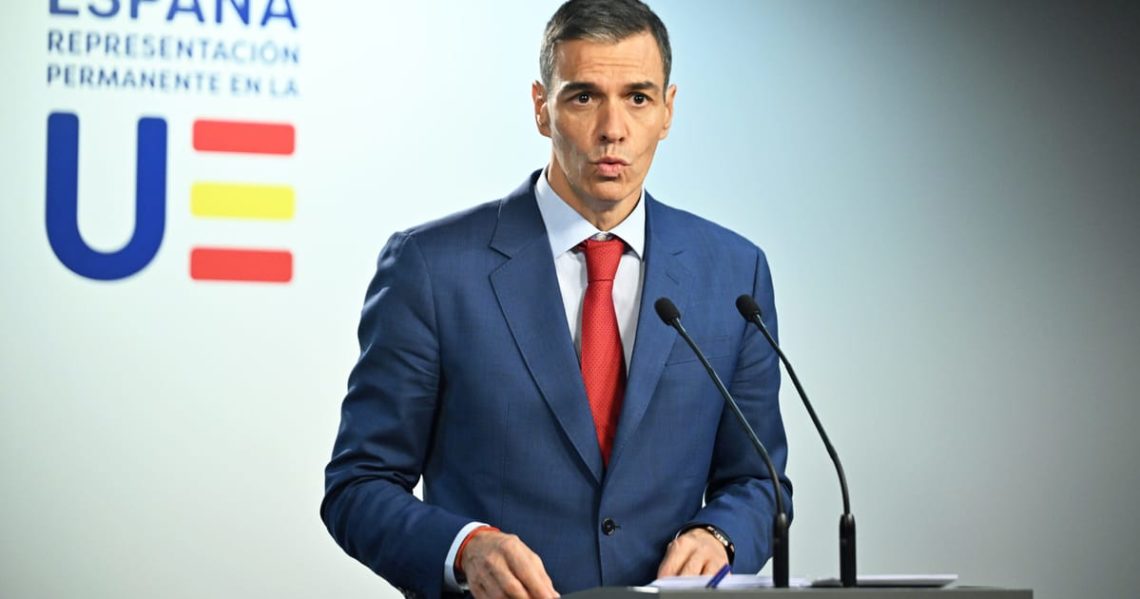German Chancellor Friedrich Merz and Spanish Prime Minister Pedro Sánchez are helping each other navigate EU politics to deliver their government’s promises following a meeting in Madrid just over a month ago.
On Friday, the Spanish government announced that Germany had agreed to reconsider its opposition to making Catalan, Basque, and Galician official EU languages.
“Our two governments have agreed today to open a dialogue with the aim of finding a response to Spain’s request,” a statement read. The two countries have opened bilateral talks with the objective of proposing an agreed text to all EU countries in an upcoming indefinite meeting.
Making Catalan an official EU language is one of the key promises Sánchez gave to nationalist leader Carles Puigdemont, whose party, Junts, and their seven seats in the Spanish parliament hold the key to Sánchez’s mandate stability, as he needs their votes to reach a majority. Germany was the largest country to oppose the move when EU countries voted on it in May.
It’s the latest example of cooperation after a September meeting in Madrid between Merz and Sánchez, who represent Europe’s two biggest political families — the Conservatives and the Social Democrats. At that rare German-Spanish lovefest, they vowed to work closely together at the EU level to deliver on their promises, helping each other strengthen their grip on power in Berlin and Madrid.
“Germany and Spain will continue to strengthen their ties and commit to more Europe,” Sánchez said back then. “That message of unity is the most powerful one we can convey to our fellow citizens right now.”
Similarly, Merz argued that, since the European Socialists in Brussels are led by a Spaniard (Iratxe García), and the European center-right by a German (Manfred Weber), both leaders “agreed to talk to each other and try to overcome the differences so that the two groups can then truly work together effectively in the European Parliament.”
In the weeks that ensued, practical examples this freshly forged alliance are coming to the fore and having a real impact at the European level.
The announcement on linguistic recognition comes just two weeks after Sánchez intervened with the Socialists group in the European Parliament to force them to rubber-stamp a controversial simplification package, slashing green reporting rules for businesses, put forward by the center-right European People’s Party — Merz’s party.
The proposal, known in Brussels as Omnibus 1, is a brainchild of Merz and was at the center of his campaign for the chancellery in the spring.
The post Catalan, Basque and Galician get a boost as Merz and Sánchez team up in Brussels appeared first on Politico.




